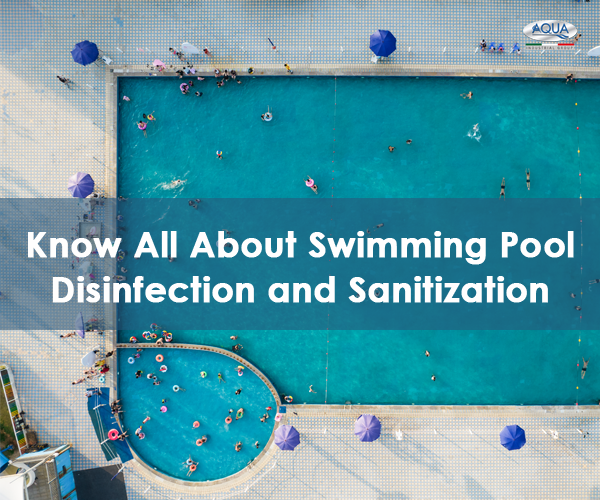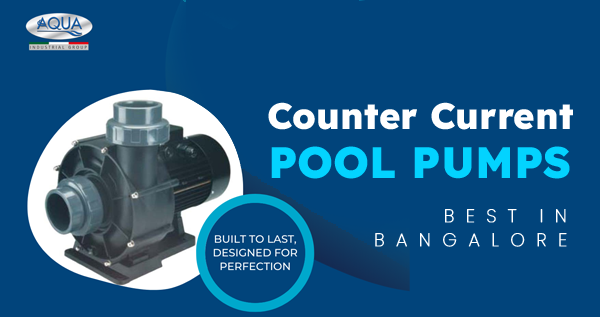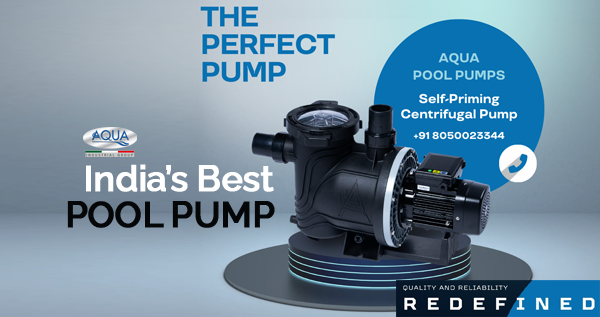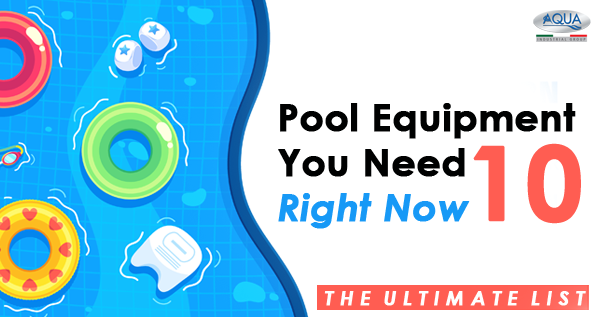Swimming Pool Sanitization Methods; A Detailed Analysis
This article will talk to you about swimming pool disinfection and sanitization; the disinfectants is used in swimming pools, how swimming pools are sanitized, the best ways to sanitize your pool, and all in between.
Swimming pool sanitation is essential for maintaining the health and safety of swimmers. Proper sanitation ensures clear water and prevents the spread of infectious diseases. There are various methods to sanitize swimming pools, each with its own benefits and drawbacks. In this article, we will explore five popular swimming pool sanitization methods, providing a comprehensive analysis to help pool owners make informed decisions.
What is swimming pool disinfection?
Swimming pool disinfection is the process of sterilizing the water to get rid of bacteria, parasites, and viruses. It is utilized when there have been fecal accidents, poor water samples, or when blood or vomit has gotten on the pool’s surfaces or in the water.
What is a pool sanitizer?
The water in the swimming pool is cleaned, sanitized, and made safe for swimming by a pool sanitizer. It accomplishes this by getting rid of dangerous bacteria that can make swimmers unwell. Additionally, pool sanitizers aid in preventing algae growth.
What are the best pool sanitation methods?
Let’s look at the most recommended and efficient pool sanitation techniques you may employ to maintain the cleanliness of your pool.
- Chlorine Sanitization
- Salt Chlorine Generators
- Bromine Sanitization
- Ozone Sanitization
- Ionizers
So, which one is the best pool sanitation system? That’s the QUESTION.
Every pool is unique, as are the pool owners. Chlorine is widely accessible, inexpensive, and cost-effective. Considering these, we can say that the most common method of pool sanitation in the majority of pools is some form of chlorine. Although chlorine is common, the best pool sanitizer for you will depend on your specific pool requirements.
Remember that each sanitation technique has its own set of prices and specifications to take into account. So before you choose a system or switch to a new one, you’ll need to conduct some research and/or speak with a swimming pool maintenance expert.
#1: Chlorine Sanitization
Chlorine is the most commonly used chemical for pool sanitation. When added to water, chlorine forms hypochlorous acid and hypochlorite ions. These compounds effectively kill bacteria, viruses, and other harmful microorganisms by oxidizing them.
Advantages of Chlorine Sanitization:-
- Chlorine is highly effective at killing pathogens, ensuring water is safe for swimming
- Even after initial application, chlorine continues to neutralize contaminants
- Chlorine is readily available in various forms such as gas, liquid, and solid
The disadvantages are as follows:-
- Chlorine can form chloramines and trihalomethanes (THMs), which may cause skin and eye irritation
- Chlorine dissipates quickly, requiring regular testing and replenishment
- Prolonged exposure to chlorine byproducts can lead to respiratory issues
#2: Salt Chlorine Generators
Salt chlorine generators use electrolysis to convert salt and water into hypochlorous acid, which sanitizes the pool. The process recycles the salt, making it a continuous cycle of sanitization.
Advantages of Salt Chlorine Generators:-
- Swimmers experience less skin and eye irritation compared to traditional chlorine pools
- Salt chlorine pools generally maintain near-neutral pH levels, reducing the need for additional chemicals
- The concentrated chlorine production helps combat chloramine buildup effectively
The disadvantages are as follows:-
- The equipment is expensive
- Salt cells need replacement every three to five years
- High salt concentrations can corrode pool equipment and surfaces
#3: Bromine Sanitization
Bromine functions similarly to chlorine, forming bromamines instead of chloramines. Unlike chloramines, bromamines continue to disinfect pool water.
Advantages of Bromine Sanitization:-
- Bromine is more stable in warm water, making it ideal for indoor pools and spas
- Bromine has a less pungent smell compared to chlorine
- Bromine remains effective longer, even after reacting with contaminants
The disadvantages are as follows:-
- Bromine is more expensive than chlorine and salt
- Bromine is a weaker oxidizer compared to chlorine
- While less pungent, bromine’s smell is harder to eliminate
#4: Ozone Sanitization
Ozone is a powerful oxidizer created by exposing oxygen molecules to high voltage or UV radiation. It effectively breaks down contaminants in the pool water.
Advantages of Ozone Sanitization:-
- Ozone is 100 times stronger than chlorine as an oxidizer
- It minimizes the need for additional chemicals and maintenance
- Ozone does not affect the pool’s pH levels
The disadvantages are as follows:-
- Ozone must be used immediately as it cannot be stored
- Ozone alone cannot fully sanitize a pool and needs to be used with chlorine or bromine
- High concentrations of ozone gas are harmful
#4: Ionizers
Ionizers release metal ions, such as copper and silver, into the water to kill bacteria. They come in two forms: electric ionizers and mineral cartridge ionizers.
Advantages of Ionizers:-
- Ionizers require infrequent replacement of components
- They reduce the need for many chemicals, extending the lifespan of pool equipment
- The metal ions remain effective for a longer duration
The disadvantages are as follows:-
- Ionizers take longer to sanitize the pool water
- They cannot fully sanitize a pool without supplementary chlorine
- Improper pH levels can lead to metal staining on pool surfaces
Choosing the right pool sanitization method depends on various factors such as cost, maintenance, pool usage, and personal preferences. Chlorine remains the most popular choice due to its effectiveness and availability. However, alternatives like salt chlorine generators, bromine, ozone, and ionizers offer unique benefits that may better suit certain pools and preferences.
By understanding the advantages and disadvantages of each method, pool owners can make informed decisions to keep their swimming pools clean and safe.
AQUA manufactures and supplies top-notch pool disinfection products and provides the best pool sanitization services for consumers in India. Considering your pool size, shape, and nature, we offer different types of best pool disinfection products and sanitization services.
Get in contact with us right now to learn more about our pool sanitization services, disinfection products, and pricing.





